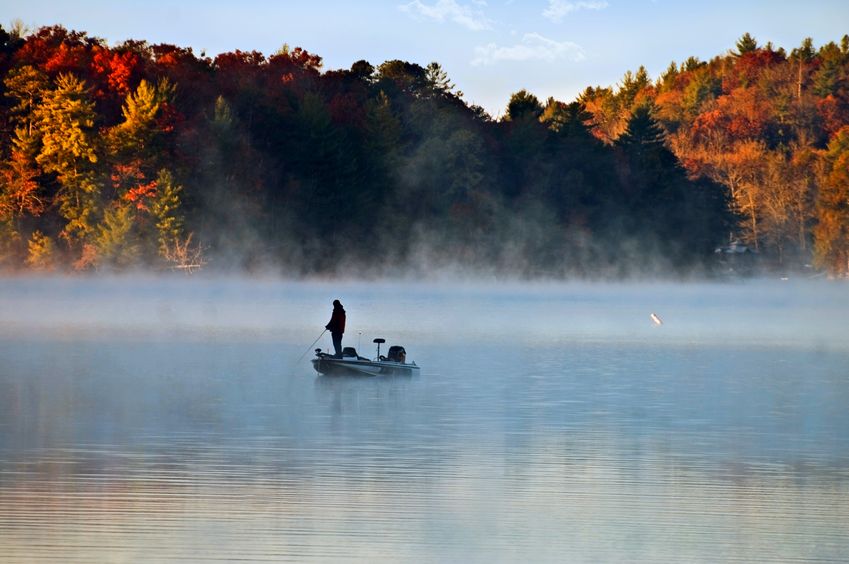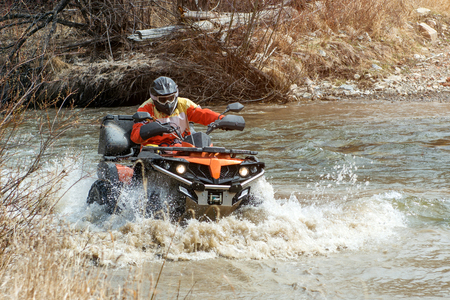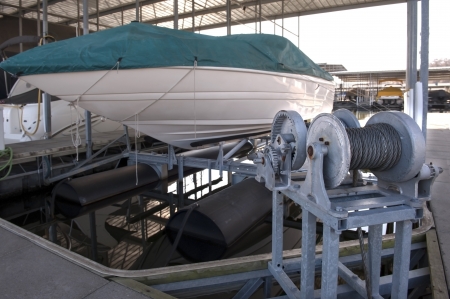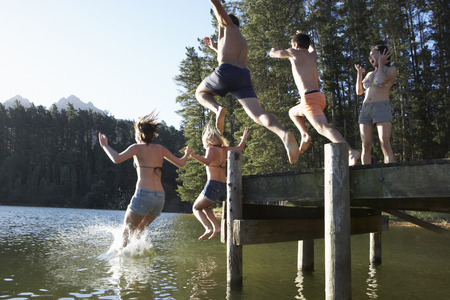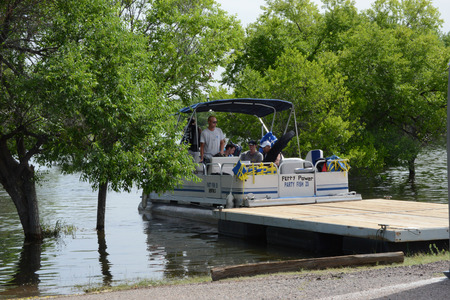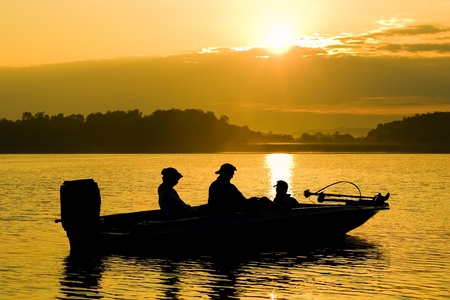As the weather cools down in Knoxville and the surrounding areas, the opportunities to take your boat out on the water will be few and far between if at all. If you haven’t already, you’ll want to make sure that you prepare it for the winter season the right way so that it will still be in excellent shape next year.
There are two ways to ensure that your boat is well protected. Winterize your boat and check on the type of insurance you have. We at Bob Johnson Insurance are here to help you get the coverage you need so that your craft is always ready for anything.
What Kind of Insurance Do You Need?
Typically speaking, small boats that don’t have a lot of power can be covered by your current homeowner’s or renter’s insurance policy. However, larger and faster crafts must have their own plan, so be sure to check with us to ensure that you have the right coverage.
During the winter months, you may think that insurance won’t be necessary. After all, the boat’s out of the water, so what’s the worst that could happen? Well, that depends. The fact is that your ship can still get damaged, vandalized, or stolen when it’s not in the water. Therefore, having watercraft insurance all year long is always a good idea.
Also, considering that Knoxville, TN doesn’t have the harshest of winters, you may be able to enjoy some decent time on the water during the offseason, which is where full coverage will come in handy.
Optional Boat Insurance Options
Although protecting your craft itself is crucial, you have to take a more comprehensive approach when drafting the right insurance policy. These options are good to consider regardless of the season.
- If your boat is getting old, you may be better off with a cash-value policy instead of an agreed value one.
- Consider any equipment that you may have on the boat. Do you keep fishing gear stored on there during the off-season? What about any electronics, like fish finders?
- Not everyone who has a boat is insured, so it’s usually a good idea to get uninsured boater coverage and possibly umbrella protection, which helps reduce your liability if you’re ever involved in a collision or accident on the water.
When talking with your insurance agent, keep in mind that there may be ways to get discounts on your policy. For example, taking a boating safety course can help reduce your premiums, so ask what options are available. In addition, your agent can advise you of other insurance options that you might want to know about
Winterizing Your Boat
While getting the right insurance coverage is essential, it’s not the only thing you should be doing to get your boat ready for the season. Winterizing your craft is also crucial so that it can survive the colder weather without any problems. Here are some tips to get started.
Flush the Engine – Since the motor won’t be used during the winter, you want to clean it out and drain fuel from the carburetor. Doing this will help prevent buildup and ensure that everything stays pristine. Also, be sure to lubricate systems like your pistons and cylinders.
Stern Drive – Keeping your boat clean and free of any plant life or barnacles will help keep the stern in good condition over the winter. Also, drain the gear case and clean it thoroughly.
Fuel – Keeping your fuel tanks full for the season will avoid condensation. Be sure to add fuel stabilizers though to ensure that it stays fresh until Spring.
Fresh Water System – As the temperature drops, the water in your boat can freeze and cause damage. To prevent this, flush the system and fill it with non-toxic antifreeze.
Interior – Storing some items on your craft during winter can be convenient, but don’t store anything too valuable, especially if you don’t check the inside very often.
Boat Cover – Using a cover to protect your boat from harmful UV rays and other winter weather will ensure that it’s ready to go next season.
Keeping your boat in excellent condition this winter is much easier than it looks. By being prepared ahead of time, you can make this process much more comfortable, thus guaranteeing you won’t experience any problems when you back into the water.
If you have any questions about boater’s insurance, be sure to give Bob Johnson Insurance a call at 800-624-3339 or click here to contact us.

